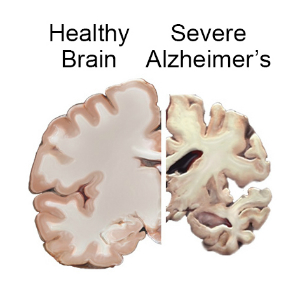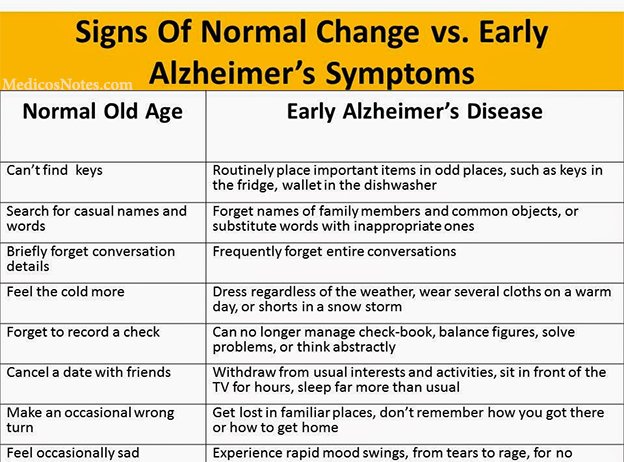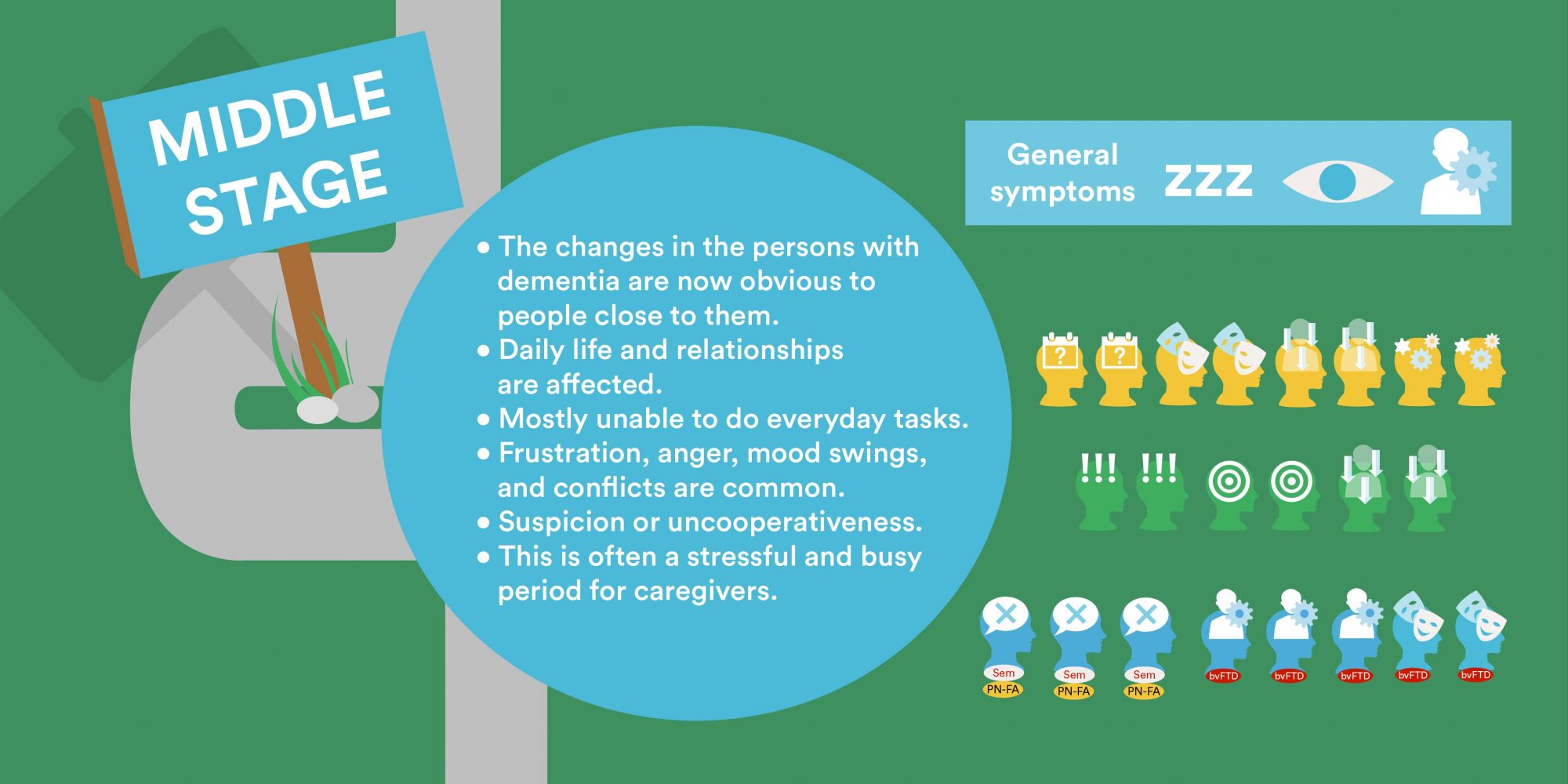Dementia is clinically defined as a progressive impairment in thinking, memory and behavior that negatively impacts a person’s ability to carry out the normal functions of life. At the same time dementia can also lead to emotional issues especially a significant decrease in motivation. Although dementia can be caused by traumatic events such as a brain injury or stroke it is most often a gradual affliction that develops slowly over time, hence it is often considered to be a disease of the elderly. The leading cause of gradual dementia is Alzheimer’s disease a neurological disorder where the connections between brain cells actually decay causing a slow decrease in the brain’s ability to function.

Other diseases however, such as Parkinson’s, Huntington’s and even HIV and Mad Cow disease can also cause dementia. The fact that dementia has a large number of different causes, along with its gradual decline in mental ability combine to make both diagnosing and treating dementia extremely difficult.

In fact there is no known cure for dementia and those treatments that are available, most commonly drugs known as Acetylcholinesterase inhibitors such as donepezil are used, often have only minor effect. In many cases the only effective measures to help patients of dementia are care-giving interventions to improve the quality of life even as the disease progresses.

Clinically dementia is described as progressing in four stages. The initial stage is known as Pre-dementia, which includes sensory dysfunction, especially the sense of smell, along with mild cognitive problems and changes in emotional behaviour.

The next stage is known as Early Onset of Dementia where the loss of cognitive ability begins to interfere with normal life. Commonly a patient has difficulty in finding the right words while speaking and planning and executing common tasks becomes more difficult. A common problem at this stage is a patient’s forgetting to take their medicine.

Middle Stage of Dementia comes next. Here a patient is beginning to show definite signs of mental decline, to the extent of requiring some care giving help in order to carry out daily functions. Social judgment is also impaired as the patient begins to turn increasingly inward in their mental attitude.

In the final stage of dementia a patient often requires 24-hour care both to carry out basic personnel functions as well as for their own safety. The patient may now lose the ability to recognize familiar faces and the desire to do anything at all in the real world. Even the knowledge of such basic activities as swallowing can be lost as brain functions diminish making simple tasks like eating and drinking difficult and dangerous.

For many years it was thought that the primary risk factors for dementia were age and genetics. In other words older people were at greater risk in general while having a parent or other relative who developed dementia further increased the risk. Now however a new study from the Departments of Psychology and Medicine at the University of Toronto along with the Rotman Research Institute, also in Toronto, have shown clear evidence that lifestyle choices also play a major role in determining whether or not a person develops a cognitive disorder.

The study investigated eight different factors to see what influence they had to the odds of someone having cognitive impairment. The eight risk factors were, low education (less than a high school diploma), hearing loss, traumatic brain injury, alcohol or substance abuse, high blood pressure, smoking within the last four years, diabetes and finally depression.

The study was conducted online with 22,117 participants between the ages of 18 and 89. The study subjects first answered a series of questions about their background after which they were instructed to complete four cognitive tasks. A statistical analysis of the results clearly indicate that possession of even a single risk factor increases the risk of cognitive impairment by about the equivalent of about three years of aging. That is, on average a person with a single risk factor has the cognitive ability of someone three years older than they are.

For those individuals with multiple risk factors the equivalent reduction in cognitive ability is proportional, three years of aging for every risk factor. The study also indicates that the eight factors are all equal in their effect, something that I must admit I rather doubt, I’m still trying to figure out the connection between hearing loss and dementia. Hopefully a further, larger scale study will provide more detailed data about each of the different risk factors. The study does make clear however the importance in personal lifestyle choices in preventing or at least minimizing the extent of dementia.

With the advances in medicine over the last fifty years the average human life span has increased tremendously, leading to an ever growing population of elderly people. Because of this many in the medical field think that dementia will be the biggest health problem of the 21st century. If that is so many more studies like the one from Toronto will be needed if we’re to make progress in the struggle against dementia.
